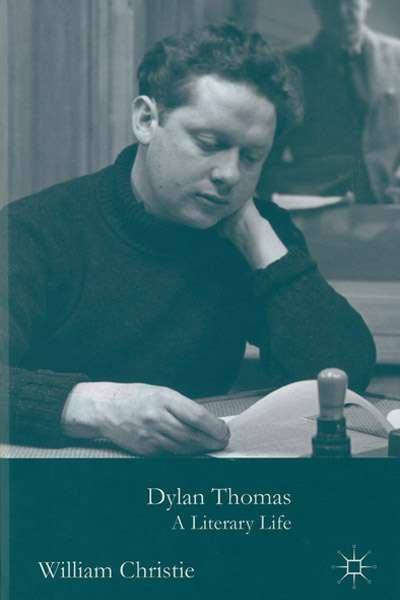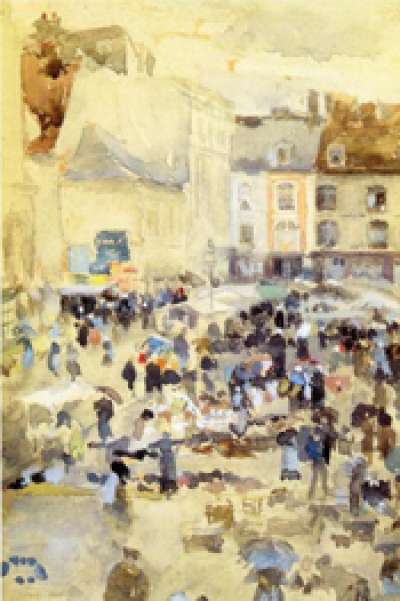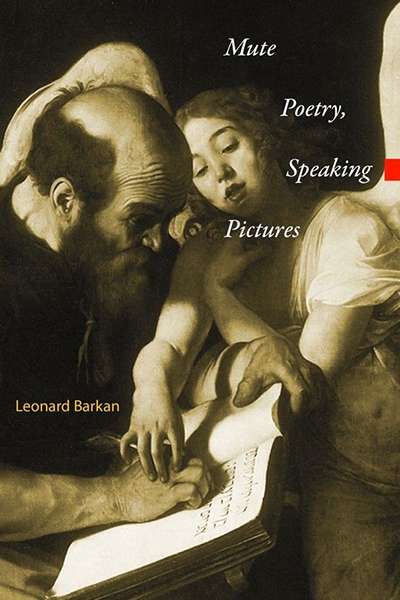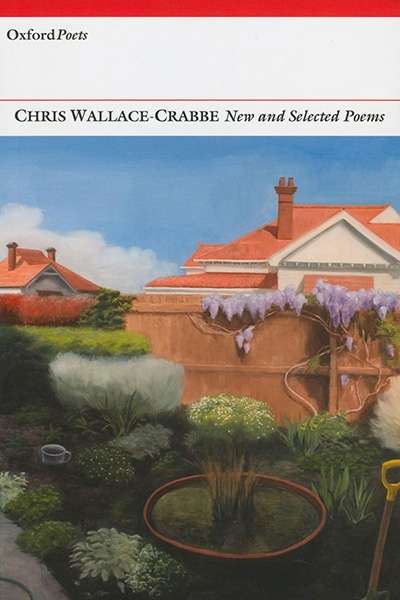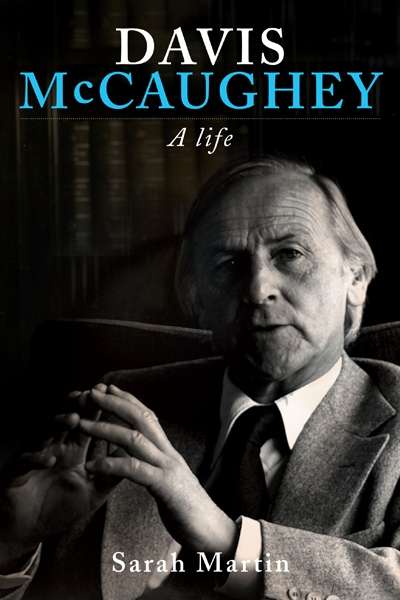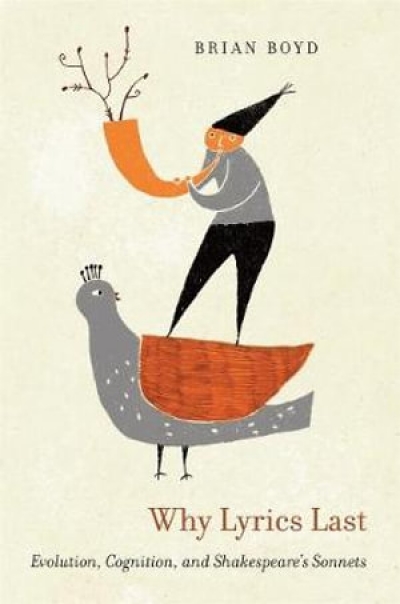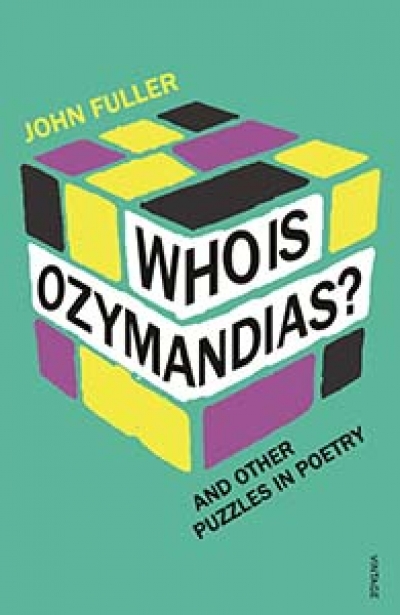Chris Wallace Crabbe
Chris Wallace-Crabbe AM is the author of more than twenty collections of poetry. His most recent books of verse include The Universe Looks Down (2005), and Telling a Hawk from a Handsaw (2008). He is Professor Emeritus in Culture and Communication at Melbourne University. Also a public speaker and commentator on the visual arts, he specialises in ...
It’s the stale argument once again
of course, old verbal horse,
about that ethnic fairy land
and all the dark-brown banksia men
Davis McCaughey: A Life by Sarah Martin
Why Lyrics Last: Evolution, Cognition, and Shakespeare’s Sonnets by Brian Boyd
Empty for years, the house can tell us nothing.
Even though it is a maisonette, ostensibly half of a pair.
The other half is normal, inhabited, has a real dog.
Rubbish gathers here, junk mail overfills the letterbox and droops when rain makes it sodden.

